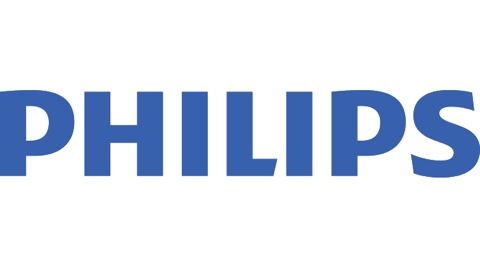
As cities grow and people move toward more urban areas, more is needed from light. “Lighting is ubiquitous – it’s everywhere people live, work, learn and relax.” said Susanne Seitinger, PhD., global smart cities segment lead at Philips Lighting. “Imagine the information and insights that could be uncovered if every street pole in a city could collect and share data about the environment around it.”
To make the world brighter, Philips Lighting works with cities to improve lighting asset management through cloud-based technology that reduces energy and operational costs, and improves safety and livability for citizens.
“Lighting infrastructure is among a city’s most powerful assets” Seitinger said. “More and more cities are starting to tap into the enormous potential of connected lighting.”
Globally, Philips CityTouch, the end-to-end connected street lighting management system includes 852 projects across 37 countries. As they deepen their reach within the US market, and with Smart Cities Connect Conference and Expo fast approaching, the team at Philips Lighting is most interested in meeting mayors and municipal leaders; building owners; and potential partners, such as technology companies and network providers.
“With civic leaders, it’s about better understanding their challenges, goals and vision for their cities,” Seitinger said. “There is a huge ecosystem within cities. Collaboration within and among the private and public sectors is fundamental to the potential success of a smart cities initiative. Philips Lighting’s approach is to work collectively toward a shared purpose in order to accelerate and amplify the positive impact that smart cities can achieve.”
Philips Lighting has established three areas of focus around lighting: evolving smart city applications that leverage an open lighting management system, connected operations that enable sophisticated control, and delivering the right light at the right time for citizens.
Connected operations ensure that, from a cloud-hosted platform, city managers can quickly and easily make decisions and take action. An open management system allows flexibility for city leaders who are now able to connect all city lighting, independent of vendor or luminaire type, integrate it into an existing IT infrastructure and share aggregated data to create safer, more sustainable and livable places.
Learn more about what Philips Lighting can bring to your city at Smart Cities Connect Conference and Expo this June, or find more information about IoT for smart cities online here.


